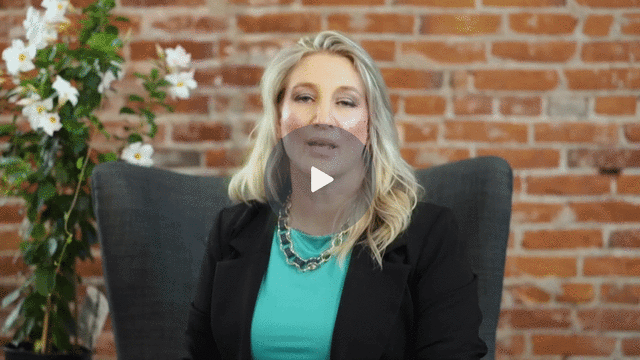What Lenders Look For
Aside from your down payment, banks and lenders expect to see your complete financial profile when deciding whether or not to approve your mortgage and when selecting your interest rates. So, let’s break down exactly what they are looking at.
When considering you as a borrower, lenders look at three main areas: credit, income and equity.
Credit
Credit is more important than ever to lenders. You don’t need a perfect credit history to qualify for a mortgage, but most lenders expect a credit score of at least 650.
Keep your credit score up by paying your bills on time and staying below your credit limit. Ideally paying it off every month or maintaining a balance that is 50% or less of the outstanding limit. Maintain credit history with older credit cards, apply for new credit only as needed, and check your credit reports regularly for errors.
Income
When assessing your income, they examine two calculations: Gross Debt Service (GDS) ratio and Total Debt Service (TDS) ratio.
GDS is a percentage of your income needed to pay all your monthly housing costs (mortgage principal and interest payments at the qualifying stress test rate, property taxes, condo fees if applicable and a small heat expense). Lenders can vary, but your total monthly housing costs divided by your gross household income should be no more than 35%.
Your total debt service ratio includes your monthly housing costs plus any other financial obligations or debts such as loans, line of credits, credit cards and any support payments if applicable. Your TDS should not exceed 40% of your gross income. Some lenders will even allow those with good credit to go as high as 44% on a case-by-case basis.
Equity
Finally, lenders will consider your home equity. Equity is the difference between what you owe on your mortgage and what your home is currently worth. The greater the equity position, the lesser the risk.
If you have any other assets, every lender will have different standards to meet their guidelines.

By working with a mortgage broker, you get access to various lenders and can advise the best mortgage options for you.
I can help you create a strategy to work towards home ownership and advise you on improving your credit score. And the best part of it is, my advice is free. So if you’re considering buying a home now or in the future, I’d love for you to book a call. I’m always happy to help.
P.S. Don’t forget to Join My VIP Club!
Instead of traditional advertising, I am giving away something fun to my VIPs (past, present, and future clients); you’re one of them! There’s no catch – I’m spending my advertising dollars on you. I’ll be sending mortgage news, keeping in touch, and offering you a fantastic giveaway. Sign up here → http://eepurl.com/g2-tNf
Warmest Regards,
Christina Pentlichuk
